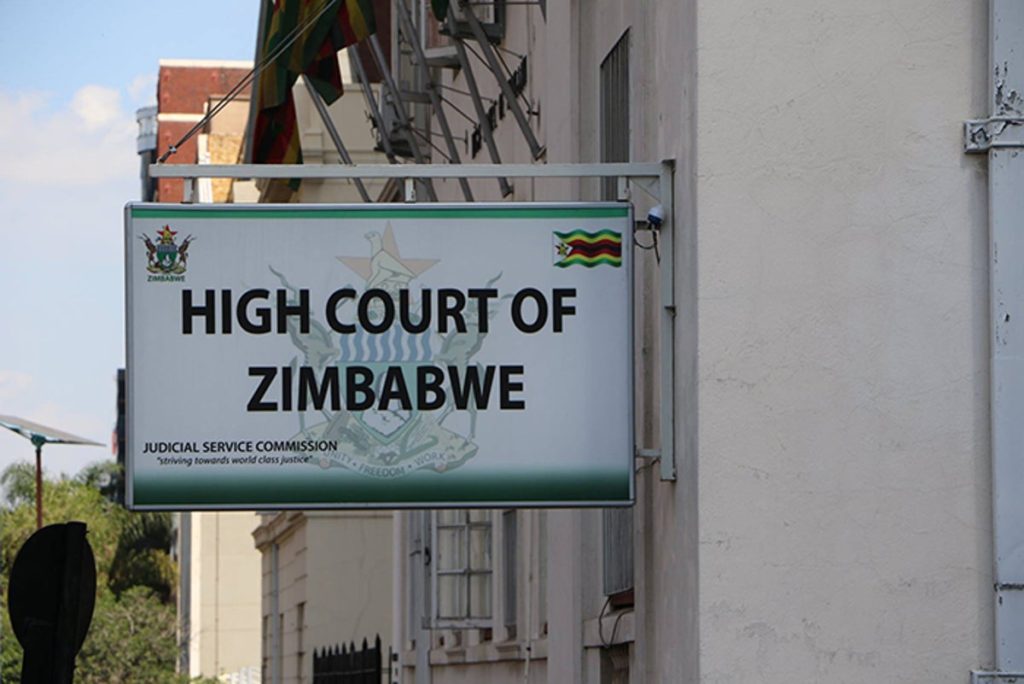THE High Court has dismissed an application by six former National Pharmaceutical Company of Zimbabwe (Natpharm) board members, who had sought to have their charges quashed arguing that they were based on falsehoods.
Former board chairman Billy Rigava, his then deputy Rachael Chibaya and board members Johnson Shonhe, Notburga Chifamba, Gerald Gore and Charles Maponga, were arrested last year and charged with criminal abuse of office after they allegedly failed to retire managing director Florah Nancy Sifeko.
In her judgment, High Court judge Philda Muzofa said the six should go through a trial process in order for the court to make an informed decision.
“To allege that the charge was based on falsehoods and that the State withheld facts known to it invariably means the court had to be favoured with what the applicant alleges is the truth. This can only be done through evidence.
“The court will have to determine the veracity of each party’s evidence. It interrogates the evidence which must be examined by the court before a substantive decision is made. From the foregoing, I find no misdirection to justify an interference with the proceedings before the 1st respondent,” Muzofa said.
The six approached the High Court after Harare regional magistrate Estere Chivasa dismissed their bid to have the charges dropped in July last year.
“The essence of the applicants’ submissions before the 1st respondent (Chivasa) was that NatPharm is a private company. Its officers are not public officers. Further to that it was submitted that the High Court had already pronounced on the status of NatPharm that it is a private company. The 1st respondent was bound by that decision,” Muzofa noted.
In the High Court application, the six argued that Chivasa had ignored a binding decision granted in NatPharm’s favour that had declared the company to be privately-owned and thus did not have any public duty in relation to the conduct of its officials and employees.
They had also argued that the lower court had erred in ordering the trial to proceed when it was apparent that the factual basis on which the charge sheet was based was false.
